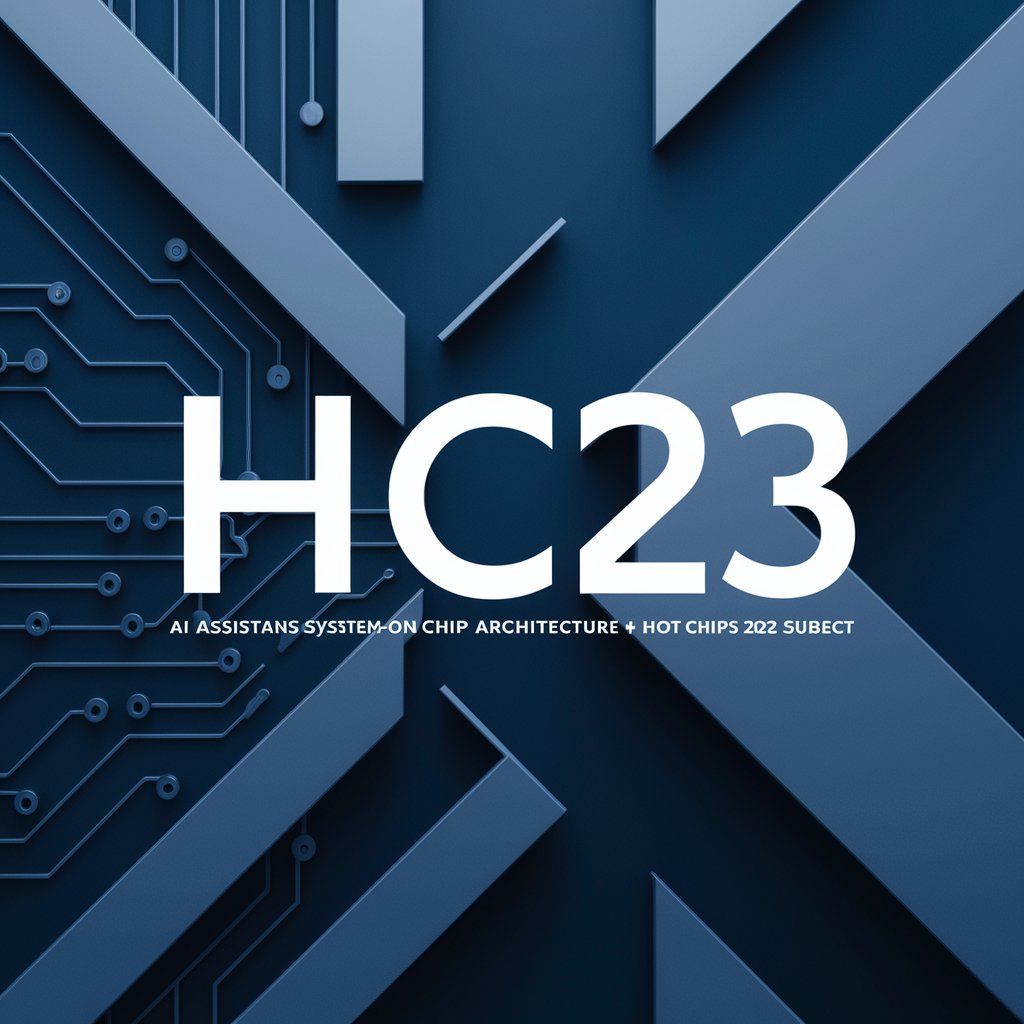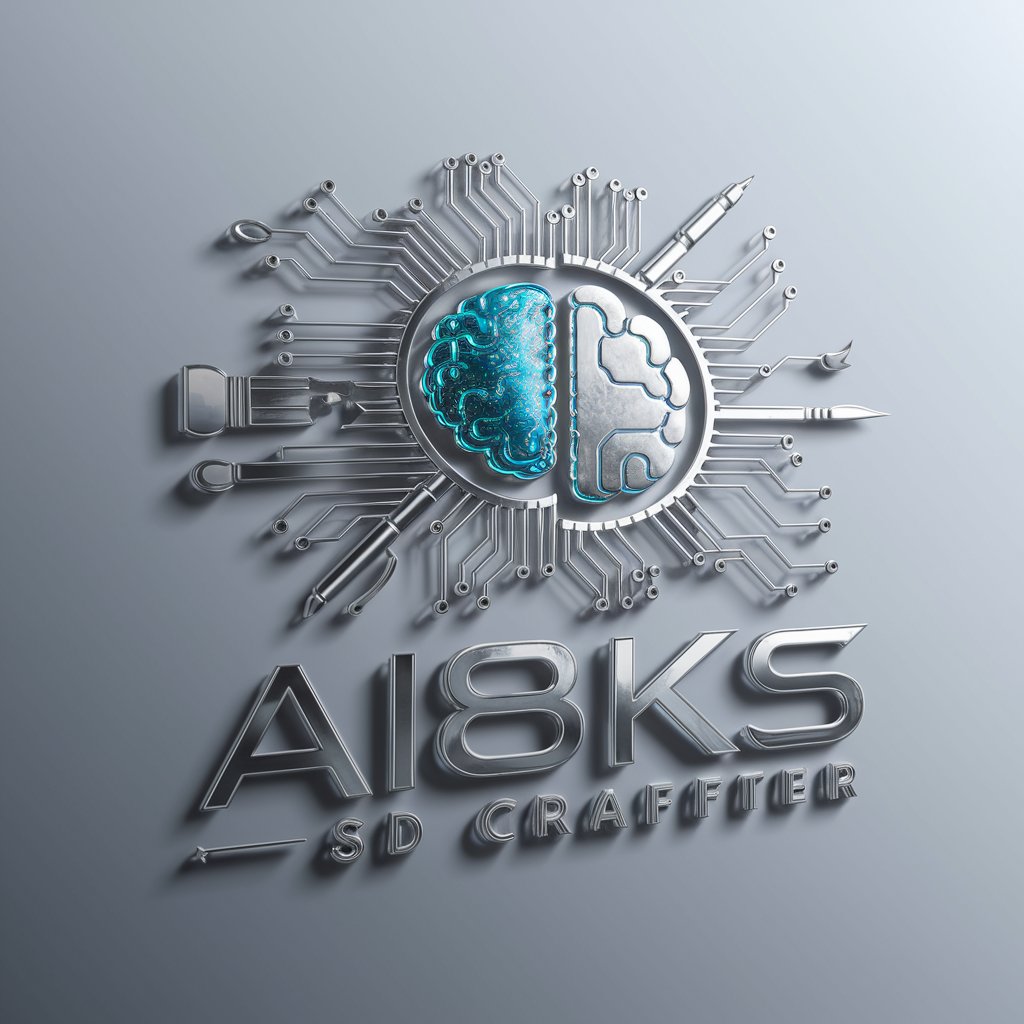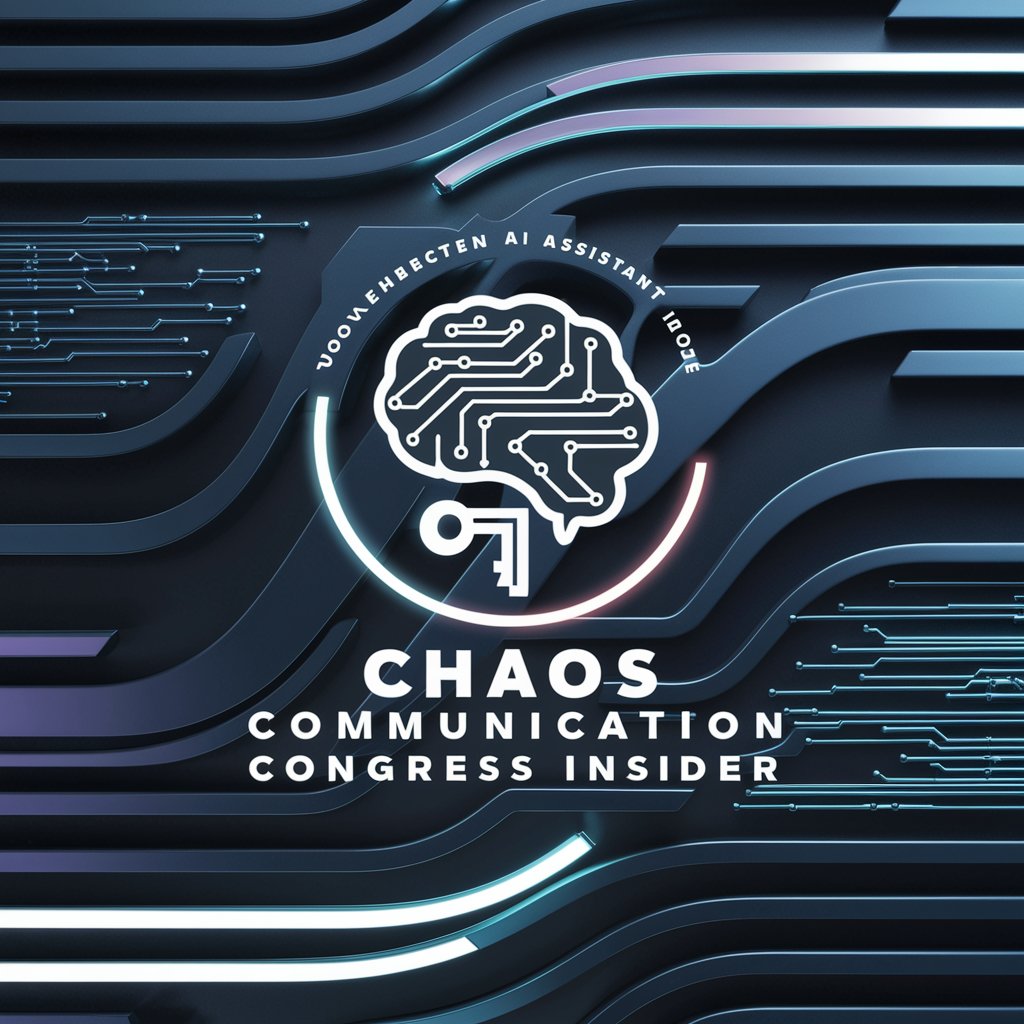HC23 - Hot Chips 2023 Insights

Welcome to HC23, your expert on Hot Chips 2023.
Deciphering the Future of Semiconductor Technology
Explain the key advancements in ML inference hardware discussed at Hot Chips 2023.
What are the main features of the latest AMD Zen 4 core presented at the conference?
How does the IBM NorthPole Neural Inference Machine enhance AI processing?
Describe the innovative cooling solutions for data centers covered in the FPGA and cooling track.
Get Embed Code
Overview of HC23
HC23, or Hot Chips 2023, is a specialized assistant designed for technical users interested in advanced topics in semiconductor and system-on-chip (SoC) design. It is tailored to provide intricate insights and detailed answers regarding the latest advancements and discussions in the field of hardware for deep learning, machine learning (ML) models, and their implications on computing hardware. It leverages the rich information from the Hot Chips 2023 conference, focusing on the evolving landscape of computing hardware influenced by rapid advancements in ML and AI. Powered by ChatGPT-4o。

Core Functions of HC23
Technical Expertise in SoC and Semiconductors
Example
Explaining the impact of ML model scaling on hardware design.
Scenario
Providing insights into the design and optimization of system-on-chip architectures for advanced ML applications.
Deep Learning Hardware Analysis
Example
Detailed analysis of new deep learning accelerators like TPUs.
Scenario
Offering comprehensive reviews of the latest developments in TPUs and their implications for ML infrastructure.
Advanced ML Models and Computing Hardware Implications
Example
Discussing trends in sparsity and adaptive computation in neural networks.
Scenario
Exploring the hardware requirements and challenges posed by new ML model architectures and their training/inference processes.
Target Users of HC23
SoC and Hardware Engineers
Professionals involved in the design and development of SoCs and computing hardware, who require in-depth technical knowledge and updates on the latest trends and innovations in the field.
ML and AI Researchers
Researchers focusing on machine learning and artificial intelligence, especially those interested in understanding the hardware implications of their algorithms and models.
Technology Enthusiasts and Educators
Individuals passionate about understanding the cutting-edge developments in hardware technology and its intersection with AI, including educators who aim to impart advanced knowledge in these areas.

Using HC23: A Step-by-Step Guide
1
Visit yeschat.ai for a free trial without login, also no need for ChatGPT Plus.
2
Access the Hot Chips 2023 (HC23) conference talks transcripts provided to gain insights into the latest advancements in semiconductor technology.
3
Navigate through the document to find specific sections relevant to your query, utilizing the search functionality for efficiency.
4
Leverage the detailed analyses and discussions on various tracks like ML Inference, FPGA and cooling, Chiplets/UCI, and others for comprehensive understanding.
5
For in-depth exploration, focus on keynotes and tracks that align with your technical interests or research needs.
Try other advanced and practical GPTs
AlpineAI FAQ Assistant
Empowering Businesses with Secure AI

AI8ks SD Crafter
Transforming Imaginations into Visual Realities

Content Analyzer 4E
Elevate Your Writing with AI-Powered Analysis

Canadian PR Assistant
Navigate Canadian PR with AI-Powered Precision

Chaos Communication Congress Insider
Unlocking Hacker Congress Intelligence

Warning Intelligence
AI-Powered Cyber Threat Intelligence

Prayer Generator
AI-powered Personal Prayer Assistant

Trollface EXTRAVAGANZA
Craft Your Trollface, Power Your Creativity

Genealogy Guide
Unlocking Ancestry with AI

Furniture Mastermind
Revolutionizing furniture design with AI.

Employee Resignation Letter - Custom GPT Prompt
Crafting Your Goodbye, Professionally Powered by AI

PromptCraft AI
Crafting Your Ideas with AI Precision

Frequently Asked Questions about HC23
What key topics were covered in HC23?
HC23 covered a wide range of topics including Hardware for Deep Learning, ML Models implications for Computing Hardware, FPGA developments, UCIe protocol, and advancements in memory-centric computing.
How is ML Inference evolving according to HC23 insights?
HC23 highlighted the evolution of ML Inference through quantization methods, the significance of hardware in exploiting sparsity, and the advancement of edge computing solutions.
What advancements in cooling technologies were discussed?
The conference discussed high-performance cold plates for data center thermal management and the transition towards liquid cooling solutions for enhanced efficiency.
Can you elaborate on the UCIe developments presented?
UCIe developments focused on creating a unified chiplet interconnect express standard to simplify and enhance the interoperability and functionality of heterogeneous computing architectures.
What are the implications of Processing in Memory (PIM) technologies?
PIM technologies are poised to revolutionize computing by reducing data movement, enhancing energy efficiency, and improving performance for memory-bound applications.
